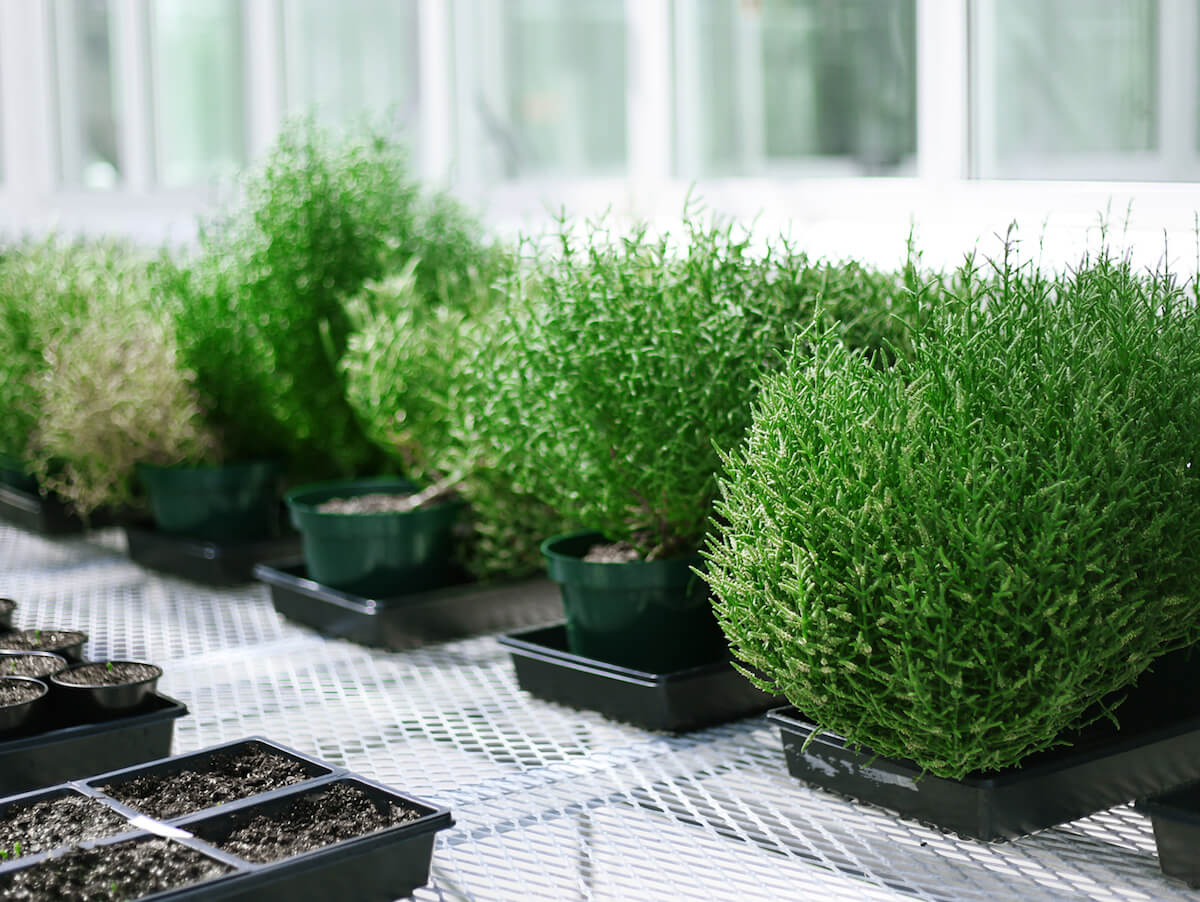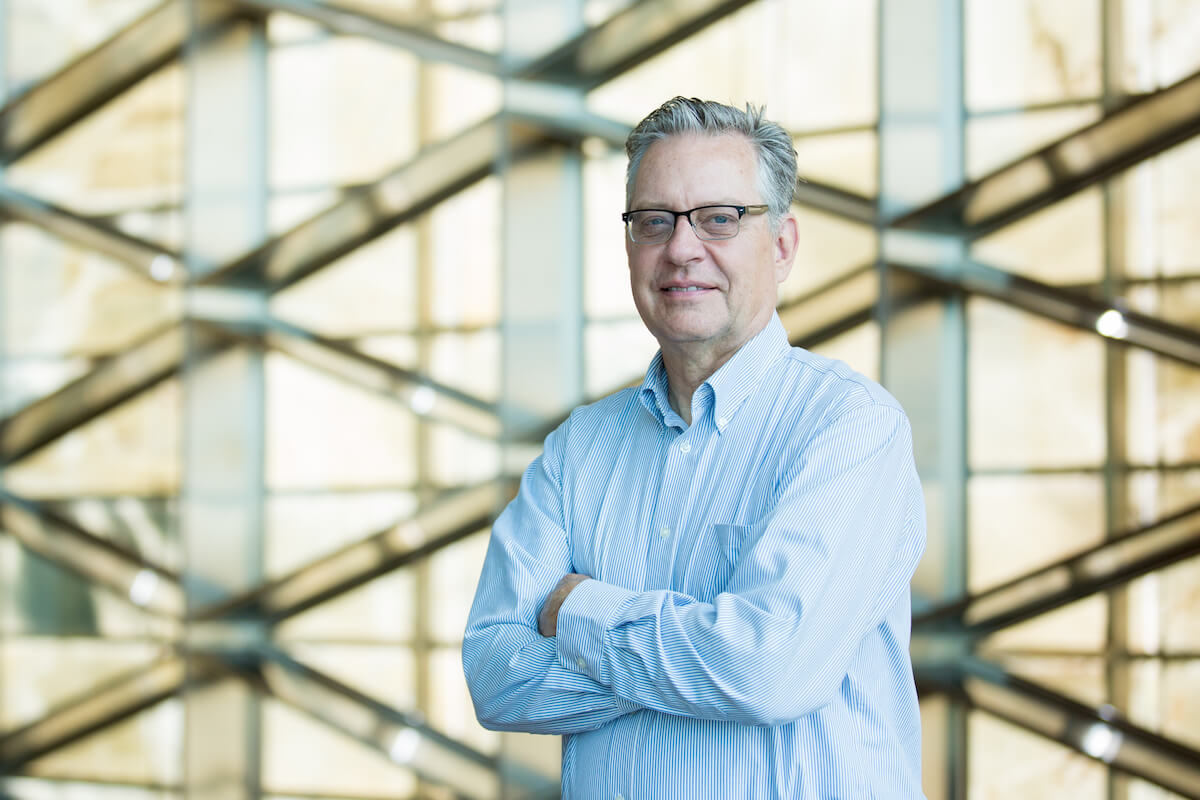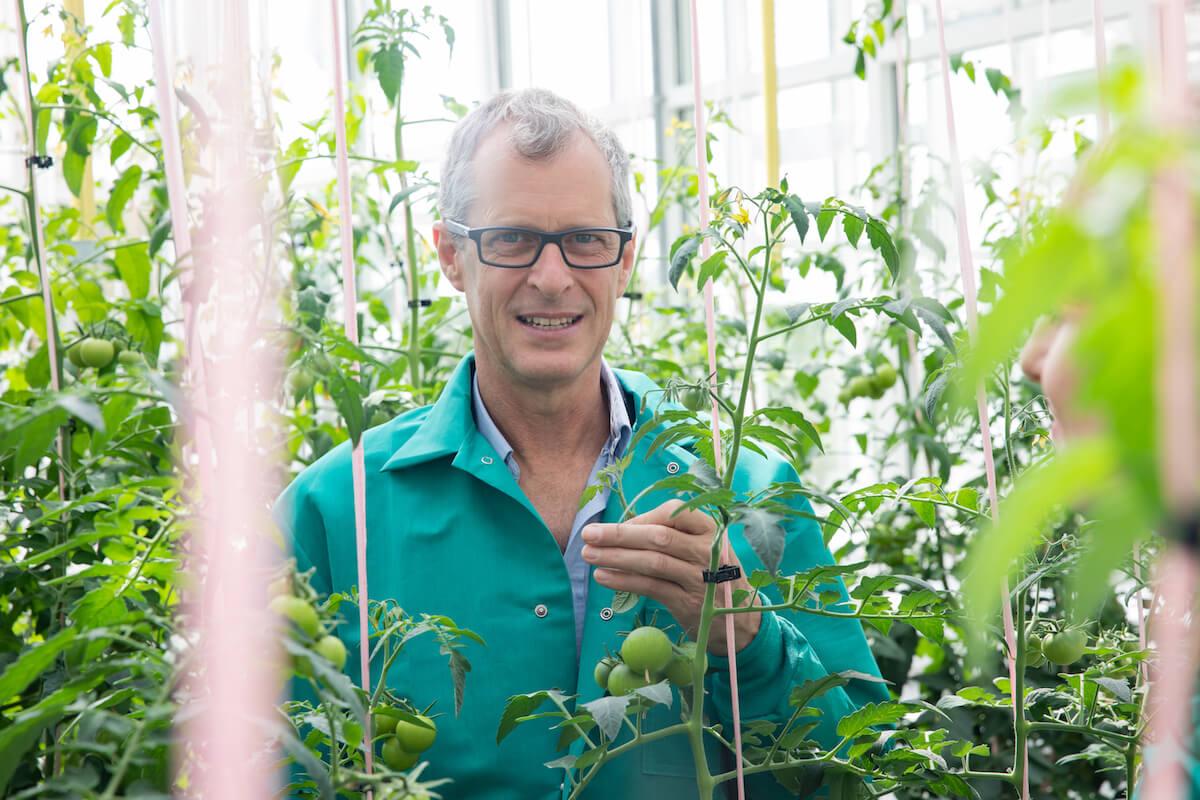Cultivating desert agriculture

The University recently inaugurated the Center for Desert Agriculture, which will focus its work on global solutions related to food. File photo.
KAUST leadership placed renewed emphasis on support for desert agriculture with the inauguration of a new research center, the Center for Desert Agriculture (CDA). The center's focus is support for research related to local and regional agriculture and the translation of that research into real-world solutions for the Gulf and beyond.
The CDA supports a key pillar of the KAUST mission, as it focuses resources on global solutions related to food. The University was founded on four broad areas of research, including water, energy, the environment and food.

Donal Bradley, KAUST's vice president for research, noted the opening of the Center for Desert Agriculture is 'very timely for KAUST, for Saudi Arabia more generally and indeed the world at large.' File photo.
"Food, along with water and energy, is key to addressing many critical societal imperatives, and as such is a focus around which KAUST is delighted to mobilize its keen intellectual power and innovative ambition. I wish Professors [Rod] Wing and [Mark] Tester all the best in taking forward this new initiative and look forward to learning about the exciting outcomes that will surely follow," Bradley added.
Feeding the region and the world
The CDA will be led by Professor Rod Wing, who joined KAUST in February, and longtime KAUST Professor Mark Tester. As CDA director, Wing will continue his pioneering work on the study of natural variation in crop plants and their wild relatives aimed at finding solutions to sustainably grow food sufficient to feed 10 billion people by 2050. As associate director, Tester will continue to develop salt tolerance in crops vital to the region while also continuing his work with Saudi giga-project NEOM.

KAUST Professor Rod Wing will lead the University's new Center for Desert Agriculture. Photo by Khulud Muath.
KAUST has a legacy of impactful research into a range of areas related to desert agriculture, plant biology, epigenetics, microbe research, pest control, aquaculture and beyond. KAUST Professor Salim Al-Babili will continue his research, which is funded by the Bill and Melinda Gates Foundation, into the development of real-world strategies to combat the invasive spread of the parasitic purple witchweed Striga. Highly cited researcher Heribert Hirt, KAUST professor of plant science, will continue his inquiry into global food security.

KAUST Professor Mark Tester stands with some of his salt-tolerant tomato plants in the KAUST greenhouse facilities. Tester has been appointed as associate director of the University's new Center for Desert Agriculture. Photo by Sarah Munshi.

